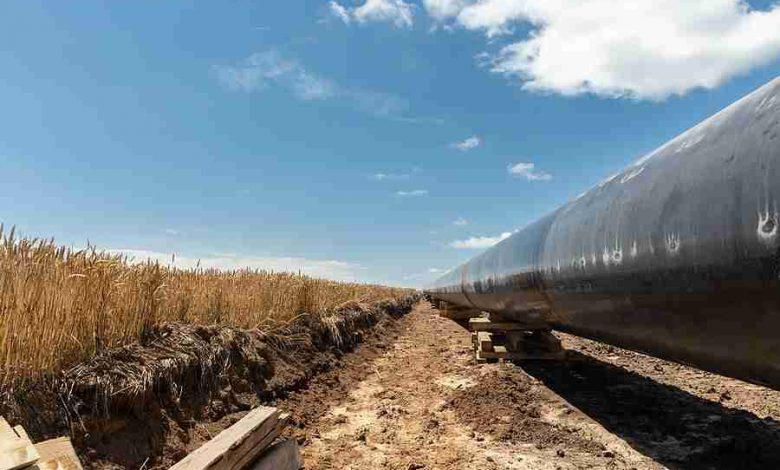Captured Carbon Has Other Possibilities Besides Pipelines

The proposed carbon pipeline program has seen its share of controversy. Many in the Hancock, Cerro Gordo, and Worth Counties are opposed to the idea of burying a pipeline in family farm fields, right of ways, easements, and secondary roads.
The pipeline companies are forging ahead with the program because they will be able to transport carbon produced from ethanol plants, through the pipeline, to underground areas in the Dakotas. The companies are backing up the need for having the pipeline by claiming that ethanol plants won’t be able to continue blending because they would not meet pollution standards.
Kylie Kretz, a project manager for the Summit Carbon Solutions pipeline told the Kossuth County Board of Supervisors recently that Iowa ethanol plants may have to close if the pipeline isn’t built.
State Senator Dennis Guth points out that this concept isn’t exactly true.
Summit’s pipeline would span nearly two-thousand miles over five states and ship carbon captured from 32 Midwest ethanol plants to underground storage in North Dakota. The route covers nearly 700 miles in Iowa. Several people who don’t want the pipeline on their property have complained to legislators that their private property rights would be violated if state officials grant the company authority to seize property from unwilling landowners. Kretz says the company still hopes to strike deals with the 80% of landowners who haven’t yet agreed to easements.
However, the question remains as to why there is a need for a pipeline. Already ethanol plants have begun a process of capturing the carbon themselves according to Guth.
The legislature is working on several possible pieces of legislation that would limit the scope of eminent domain which area landowners have been threatened with if they do not surrender their lands or easements.




